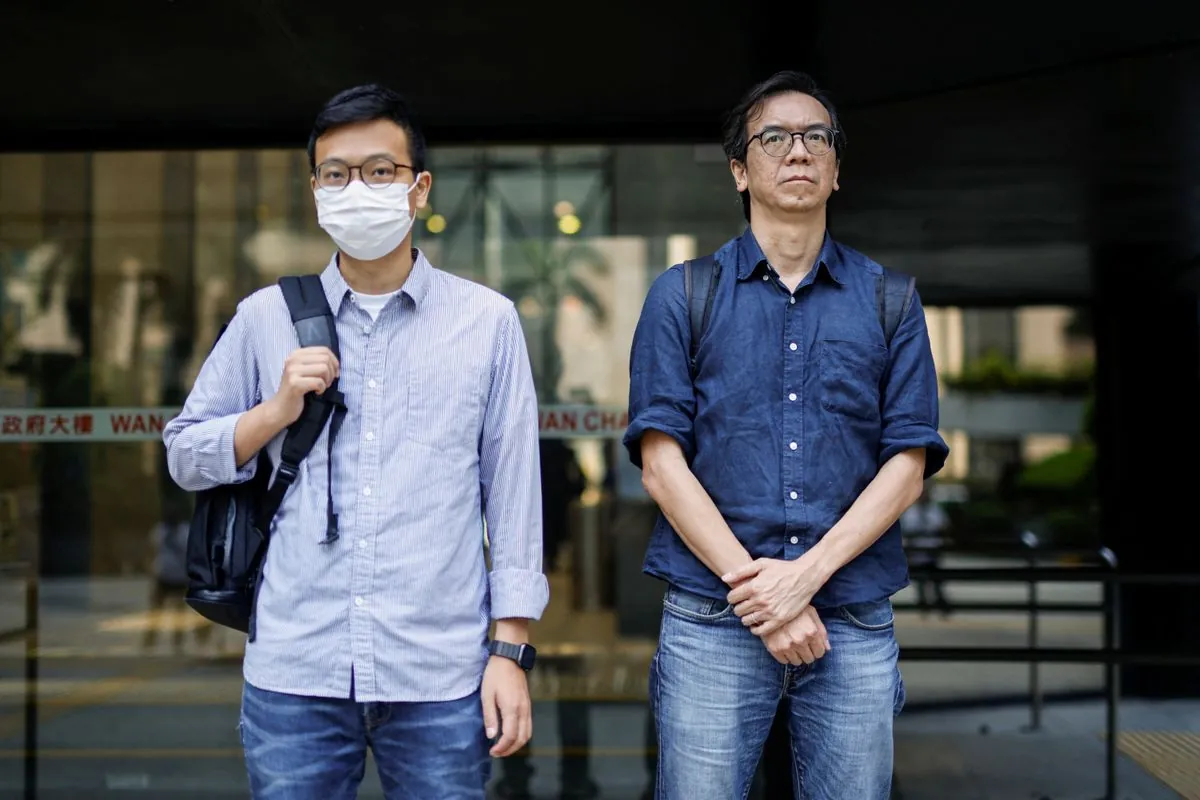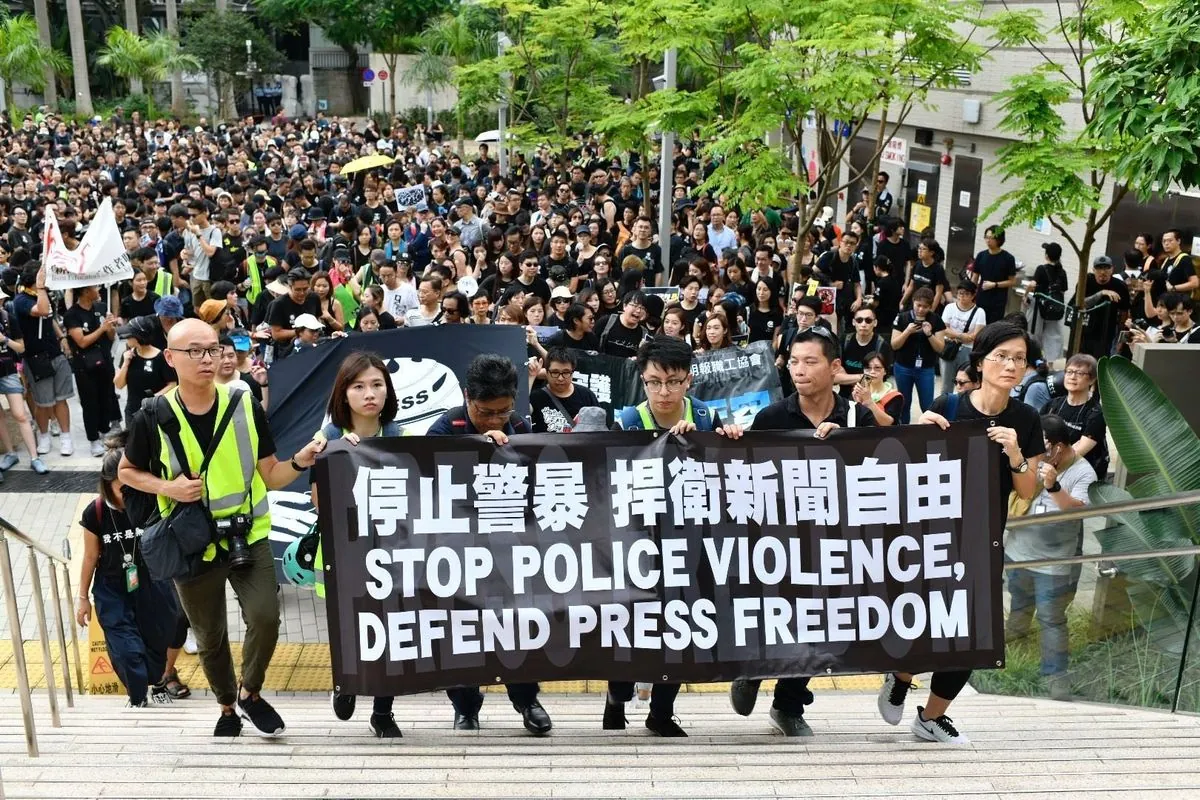Hong Kong Journalists' Conviction Sparks Global Press Freedom Concerns
Two former Stand News editors found guilty of sedition in Hong Kong, prompting international outcry. The case highlights growing tensions between press freedom and national security in the city.

The recent conviction of two former Stand News editors in Hong Kong has ignited a global debate on press freedom in the city. Chung Pui-kuen and Patrick Lam, who led the now-defunct online news outlet, were found guilty of conspiracy to publish seditious content, marking a significant moment in Hong Kong's media landscape.
This case, the first of its kind since Hong Kong's return to Chinese sovereignty 27 years ago, has drawn attention to the delicate balance between national security and journalistic freedom. The sedition law, a remnant from the colonial era, has become a focal point in discussions about Hong Kong's evolving legal framework.
International reactions to the verdict have been swift and critical. The United States Department of State expressed concern, characterizing the convictions as a direct challenge to media freedom. Similarly, the United Kingdom and European Union voiced their apprehensions, emphasizing the importance of press freedom as guaranteed by Hong Kong's Basic Law.

The Basic Law, which serves as Hong Kong's mini-constitution, was designed to preserve the city's capitalist system and way of life for 50 years following the 1997 handover. With 22 years remaining in this period, the recent developments have raised questions about the long-term preservation of Hong Kong's unique status.
Hong Kong officials, however, maintain that there are no restrictions on factual reporting. Eric Chan, the Chief Secretary for Administration, stated that the government respects press freedom as guaranteed by law, emphasizing that criticism of the government is not prohibited.
"Criticizing the government is not something that is banned."
Media watchdogs and professional organizations have expressed deep concern over the verdict's implications. Reporters Without Borders warned of a "dangerous precedent" that could further erode press freedom in the city. The Hong Kong Journalists Association highlighted the case as emblematic of the decline in media freedom, noting the irreversible damage done to the city's press landscape.
The convictions come against a backdrop of significant changes in Hong Kong's media environment. In recent years, the city's press freedom ranking has dropped considerably according to international indices. The closure of pro-democracy news outlets and the arrest or exile of numerous journalists and activists since 2020 have contributed to a climate of uncertainty in the media sector.
The case has also reignited discussions about the broader legal framework in Hong Kong, particularly the national security law imposed by Beijing in 2020 and a new security law enacted just five months ago. These legislative changes have raised concerns about their potential impact on the free flow of information and the pluralistic exchange of ideas, both considered crucial to Hong Kong's economic success and international standing.
As Hong Kong navigates these complex issues, the international community continues to watch closely, emphasizing the importance of upholding the principles of press freedom and open discourse that have long been associated with the city's unique position in the global landscape.


































